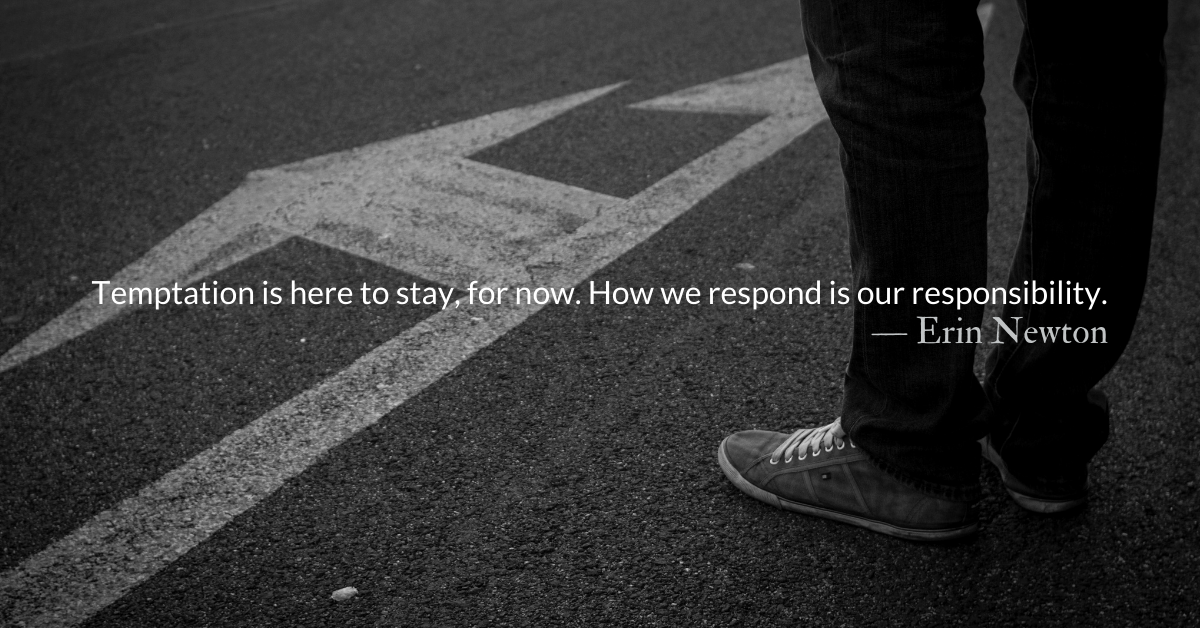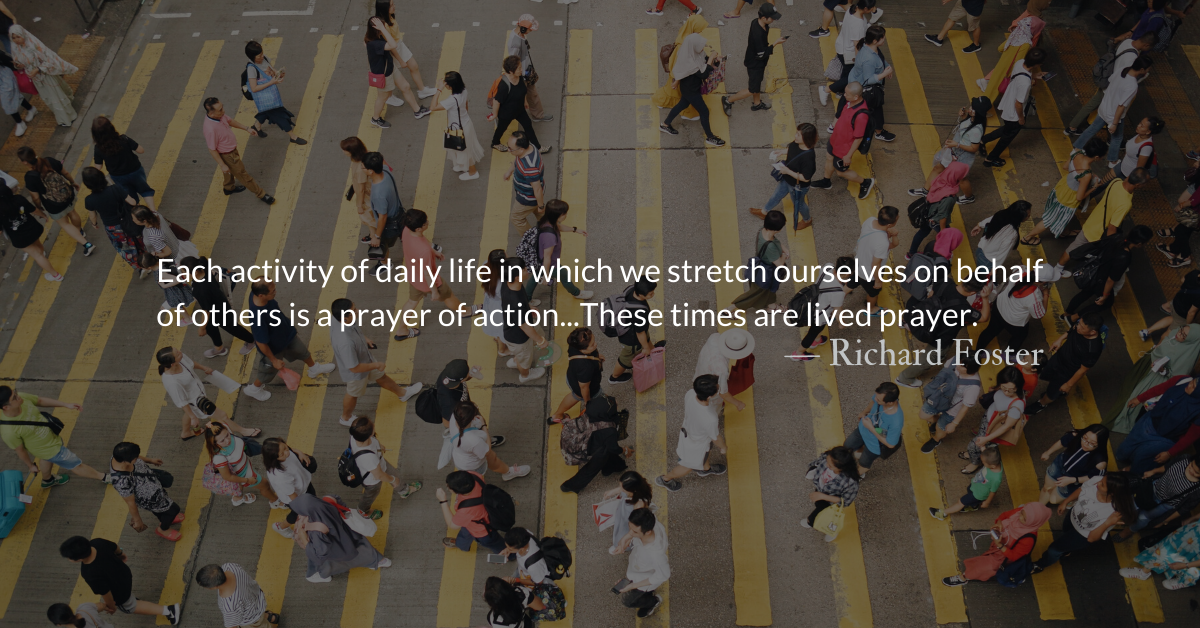Scripture Focus: 1 Chronicles 10.13-14
13 Saul died because he was unfaithful to the Lord; he did not keep the word of the Lord and even consulted a medium for guidance, 14 and did not inquire of the Lord. So the Lord put him to death and turned the kingdom over to David son of Jesse.
Reflection: Legacy of Failure
By Erin Newton
In a developmental psychology course, I remember learning that adults ages 40-65 enter a phase focused on leaving a legacy. The typical desire is to make a positive contribution to society. If this is a natural human development, you expect to see evidence of this in the Bible.
Repeated stories in the Bible are common: four gospels, two law books, and the echoed history of Israel’s kings in Chronicles. The retold life of Saul is condensed with a succinct obituary: Saul died because he was unfaithful. Compared to all the chapters of his life in 1 Kings, he is now a blurb of failure.
The Bible is profitable for teaching, rebuking, correcting, and training in righteousness so these repeated stories should catch our attention. Forever, his bad deeds are highlighted while the handful of good moments are overshadowed. His legacy will go down in history as someone who sought advice from others rather than God. Saul consulted a witch and she summoned the prophet, Samuel, a voice he had ignored many times before. He had plenty of chances to change his ways, but he didn’t care.
What is interesting about the list of faithful believers in Hebrews 11-12 is that many of them had serious flaws, episodes of bad decisions. Despite the errors made in their lives, they are called the “hall of faith” and the “great cloud of witnesses.” What makes these people different from Saul when they all struggled with sin? In a word: repentance.
You and I are going to keep struggling with sin. Culture will tempt us to listen to bad advice. Our pride will seek to put others down and scoff at any form of rebuke. Temptation is here to stay, for now. How we respond is our responsibility.
We need to be reminded of our humanity and our great need for forgiveness. We can toil and strive and put every ounce of sweat into creating a good, impactful legacy. But as the light begins to dim and the sweet voice of the Lord begins to call us home, the greatest peace we will have is knowing our lives were another retelling of His legacy. “Remember him—before the silver cord is severed, and the golden bowl is broken… and the dust returns to the ground it came from, and the spirit returns to God who gave it.” (Ecclesiastes 12.6-7)
Divine Hours Prayer: The Refrain for the Morning Lessons
And yet my people did not hear my voice, and Israel would not obey me. — Psalm 84.11
– From The Divine Hours: Prayers for Autumn and Wintertime by Phyllis Tickle.
Today’s Readings
1 Chronicles 9-10 (Listen – 7:48)
Hebrews 12 (Listen – 4:36)
Read more from Erin: Muscle Memory
Our spirit has “muscle memory” of sorts. Our heart is shaped and trained by our thoughts and actions each day.
Read more about Weeping For Rebels
We have all been Absalom, rebels trapped by our sinful pride.
We have all been Joab, refusing mercy to those who slighted us.








